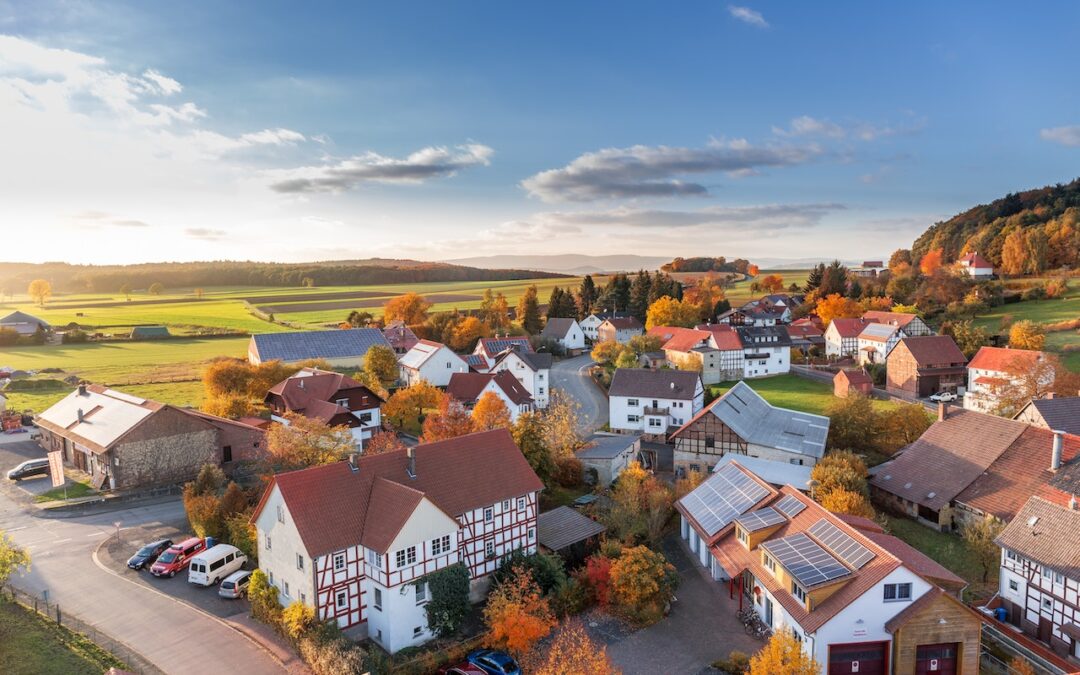Since the economic setback of the COVID-19 pandemic, many nations in the Middle East, including Qatar, have looked to real estate as a primary economic driver. As the host of the FIFA World Cup 2022, Qatar hopes to use the opportunity to attract new investments that will contribute to sustainable development in the coming years.
The World Cup attracted more than 1 million visitors to Qatar. All of these visitors represent a potential investment in the future of the nation. Even before the World Cup began, Qatar saw a significant bump in real estate transactions. Real estate developers in the region are reporting an increase in projects for the coming year, especially from startups and other businesses that were in town for the World Cup.
The Potential for Sustainable Growth from the World Cup
One real estate development company, Coreo, developed a strategy to maintain positive relations and encourage continued investment in the real estate market following the World Cup. Qatar depends heavily on real estate for economic development, and creating positive relationships during the World Cup is key to sustainable growth and development. The nation invests heavily in infrastructure and continues to shape laws that make the real estate market both dependable and attractive for foreign investors. In doing so, Qatar has managed to achieve some of the highest growth rates in the world for its real estate market, and officials hope this will encourage continued investment.
This work seems to be paying off. A Qatar Real Estate Market Trends Report from Property Finder shows an increase of 2.97 percent in demand for residential sales between September and October of 2022. This increase is on top of earlier gains in the market as the World Cup grew closer and investors became more interested in rental properties. During this same period, leads on new sales increased by 4.98 percent. Real estate experts believe this represents increasing confidence in the Qatari market, especially with new measures taken by the Ministry of Justice to make the market even more transparent. Locals hope that this means more coming investment in the future. However, not everyone is sure that the World Cup will bring sustainable development to the nation.
The Problem with the Boom in Sales Caused by the World Cup
Since accommodations were a known problem before the World Cup, it is no surprise that investors moved in to make some quick money off the market. Even with this investment, many people ended up staying in nearby cities for the World Cup, which in turn drove increases in the luxury market in places like the United Arab Emirates. Part of the issue is that many of the people coming to Qatar for the World Cup have the means to invest in high-end real estate, but there is simply not a lot of it in Qatar at the moment. Even in Dubai, luxury real estate represents only a small percentage of the overall market. Thus, the boost in sales will likely only be seen for certain properties in key markets that may not be sustainable after the World Cup, particularly if people are primarily buying for their own accommodations and not necessarily considering it an investment.
One important point to consider is that markets like Dubai have seen dramatic increases in luxury real estate prices since the start of the COVID-19 pandemic, so this may have deterred investors from looking there and changing their focus to Qatar. However, investors were likely looking for immediate purchases to use at the World Cup rather than off-plan purchases for the future. Thus, the limited inventory offered by Qatar could hurt the nation and keep investors from coming back since they were unable to secure what they wanted.
The other point to think about is what would keep investors interested in the market beyond the World Cup. Without a similar event on the horizon, do investors have enough incentive to make a purchase?
The Unfortunate Effect of the World Cup on Qatari Real Estate
While some people have welcomed the increase in rents in Qatar, others are less excited about the skyrocketing prices. Some longtime residents of Qatar have been pushed out of their homes due to the sharp increase in rental prices. These residents saw their rents quadruple in the months leading up to the World Cup. But what happens once the World Cup is over and the demand for rental properties in Qatar decreases just as sharply? Will landlords be forced to offer these properties at deep discounts compared to before to bring back spurned renters? As the situation stands, renters are filing complaints with the government’s rental disputes committee. Moving forward, it will be interesting to see how Qatar responds to these allegations.

